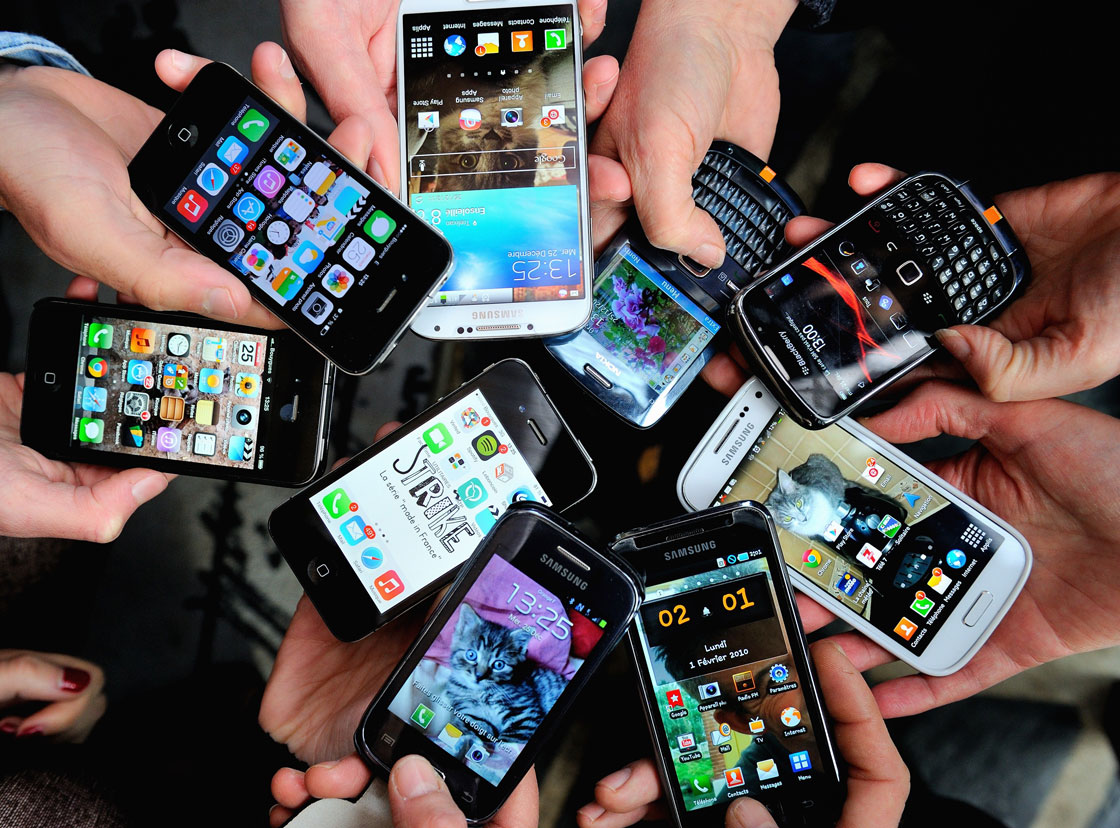TORONTO – Smartphone thefts have dramatically declined in three major cities since manufacturers began implementing “kill switch” technology that renders the phone useless if stolen.

According to authorities, the number of stolen iPhones dropped by 40 per cent in San Francisco and 25 per cent New York since Apple added a kill switch feature to the iPhone in 2013. In London, England, smartphone thefts have been cut in half.
“We have made real progress in tackling the smartphone theft epidemic that was affecting many major cities just two years ago,” said London Mayor Boris Johnson in an announcement Tuesday.
READ MORE: Debate over cellphone kill switches heats up in Canada
Officials in California, where a law making smartphone kill switches mandatory has yet to go into effect, added that cellphone thefts in the state have been on the decline as more companies add the technology to their software.
Apple, Google and Samsung have all added some sort of kill switch feature to their recent smartphones. Microsoft also plans to include “theft-deterrent features” in its upcoming software update for Windows Phone.
The idea behind the technology is to wipe the phone clean of all data, ensuring the user’s private information is protected, and render it useless so it loses its value to criminals.
Debate over the so-called kill switch has been a hot topic in the U.S. for over a year.
- Posters promoting ‘Steal From Loblaws Day’ are circulating. How did we get here?
- Video shows Ontario police sharing Trudeau’s location with protester, investigation launched
- Canadian food banks are on the brink: ‘This is not a sustainable situation’
- Solar eclipse eye damage: More than 160 cases reported in Ontario, Quebec
Alongside California, New York officials have voiced support for a bill requiring smartphone and tablet creators to have pre-installed kill switches. The U.S. Senate is also pushing its own bill.
Smartphone theft has become a hot button issue for consumers and law enforcement agencies Canada, too.
In 2013, Vancouver Police went as far to say smartphone thefts were reaching “epidemic levels” and, in 2014, Toronto Police warned of an escalation in violent cellphone thefts after arresting five men in relation to a cellphone theft ring that targeted Apple and Samsung devices.
But Canadian authorities are also seeing a decline in cellphone thefts and robberies.
Vancouver Police told Global News while cellphones are still considered a “hot commodity” for criminals, the number of smartphone robberies – the more violent incidents – has declined by over 30 per cent since 2013.
Vancouver Police also saw a 14 per cent drop in smartphone thefts in 2014 – however, they did observe a 22 per cent increase between 2012 and 2013.
Toronto Police did not respond to a request for comment.
Police said they cannot attribute the decline to just the kill switch. A spokesperson for Vancouver Police said while the addition of extra security measure from manufacturers is likely helping, Canadian efforts like the cellphone blacklist are also deterring criminals.
READ MORE: My cellphone has been stolen, what do I do: How the cellphone blacklist works
The cellphone blacklist, launched in October by the Canadian Wireless Telecommunications Association (CWTA), stores the International Mobile Equipment Identity number of devices that have been reported lost or stolen as of September 30, 2013, preventing them from connecting to Canadian service provider networks.
Once a device has been added to the blacklist it will not be able to be activated by a carrier for use – rendering it useless for web browsing, phone calls or texting.
Marc Choma, spokesperson with the CWTA, declined to comment directly on any decrease in smartphone thefts, but said he has seen media reports indicating that the blacklist is having some effect.
Here are the smartphones that currently have ‘kill switch’ technology as well as the ones who are working on getting it.




Comments